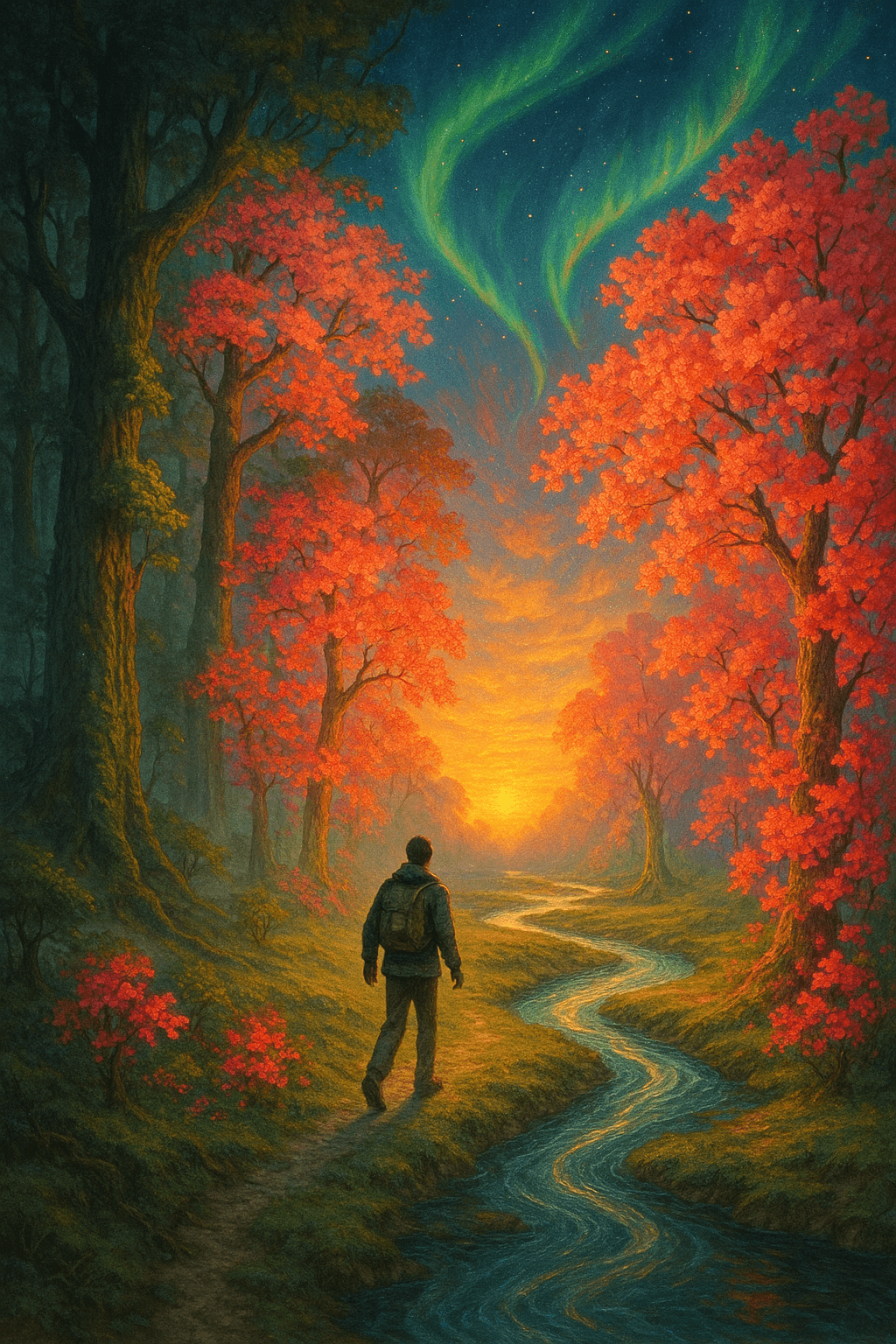The Everlasting Journey of Seeking and Discovery

The more you seek, the more you find, and the more you find, the more you realize you are seeking. — Chogyam Trungpa
—What lingers after this line?
One-minute reflection
What's one small action this suggests?
The Cycle of Searching
Chogyam Trungpa’s words introduce a cyclical relationship between seeking and finding. Unlike a straightforward quest, each discovery doesn’t serve as a conclusion but rather as an invitation to delve deeper. This dynamic suggests that our search for meaning or truth is not simply about reaching a final answer but constantly evolving, each revelation giving rise to new questions and pursuits.
Spiritual Traditions of Endless Inquiry
Throughout spiritual tradition, especially in Buddhism, the journey itself is often emphasized over concrete destinations. In Trungpa’s lineage, practitioners are encouraged to acknowledge that enlightenment is not a fixed goal but a continuous process of unfolding understanding. This echoes the Zen koan practice, where one riddle leads to another, underscoring the endless nature of sincere inquiry.
Curiosity as the Engine of Growth
Expanding beyond spiritual circles, this concept applies to intellectual and personal development. The more we learn—about science, art, or ourselves—the more we uncover layers of complexity previously unseen. Consider how Isaac Newton, reflecting on his discoveries, famously likened himself to a child gathering pebbles on the shore, with the vast ocean of truth still before him.
Realization as Transformation
With every new insight, Trungpa notes that we become aware of our ongoing search. This realization is transformative: rather than satisfying our hunger for answers, it shifts our attention towards an appreciation of the process itself. In psychology, a similar idea appears in the notion of meta-cognition—becoming conscious not just of what we seek, but of the seeking mind itself.
Finding Freedom in the Quest
Ultimately, Trungpa’s insight guides us towards embracing the infinite journey of searching. Instead of perceiving perpetual seeking as a lack, it can become a source of vitality and openness. Like the philosopher Socrates, who claimed wisdom begins in knowing one’s own ignorance, we too can find freedom—and even joy—in the ongoing dance between seeking and finding.